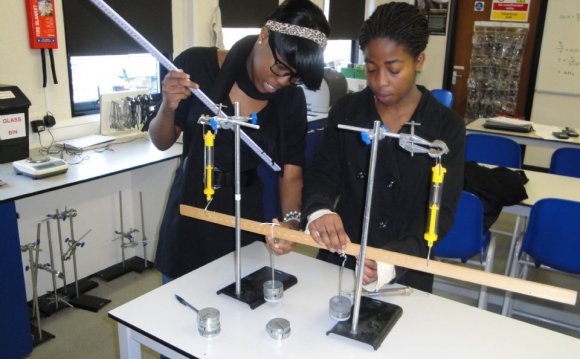
 Welcome to the website for the Physics Department's Undergraduate Laboratories, Computing and Projects.
Welcome to the website for the Physics Department's Undergraduate Laboratories, Computing and Projects.
The Department considers practical work as a very important part of the curriculum. Physics is a practical science and relies on data, so physicists need to understand how data is generated and how to analyse it. This covers a wide range of skills including the ability to use apparatus in the laboratory, to use computers to make calculations and analyse data, and to carry out project work.
The Undergraduate Laboratories aim to train students in laboratory skills such as
- assembling and operating apparatus
- following and recording experimental procedures
- taking and interpreting data
- determination of experimental uncertainties
- presenting the results of an experiment in a written report
This is achieved by providing laboratory scripts and apparatus at a level appropriate for each year of study. In the first and second years the instructions are detailed but in the third year students are expected to take more initiative by deciding for themselves exactly how to organise their experiments. Demonstrators are available in all the laboratories but by the time they enter the third year students are expected to begin to work more independently. This is intended to smooth the transition to later project work.
Undergraduate Computing aims to introduce students to computers as tools for advanced calculations and the analysis of data. This is achieved by teaching the use of the programming language Python and C++. Computing also helps to develop skills in logical thinking and is frequently applied in project work, especially for theoretical projects.
All students carry out a Project, usually in their final year. This is intended to draw together many of the skills acquired during the course, including
- practical skills such as laboratory work and computing
- organisational skills and time management
- group working
- data collection and analysis
- presentation of results in a talk and a full written report.
Projects may be experimental, theoretical, computational or a combination of these. Some projects are carried out individually but most are carried out in pairs. BSc students take their one-term project in their 3rd year; MSci students take a project which runs throughout the 4th year; and Year in Europe students carry out their project as a major part of their year abroad.
YOU MIGHT ALSO LIKE












